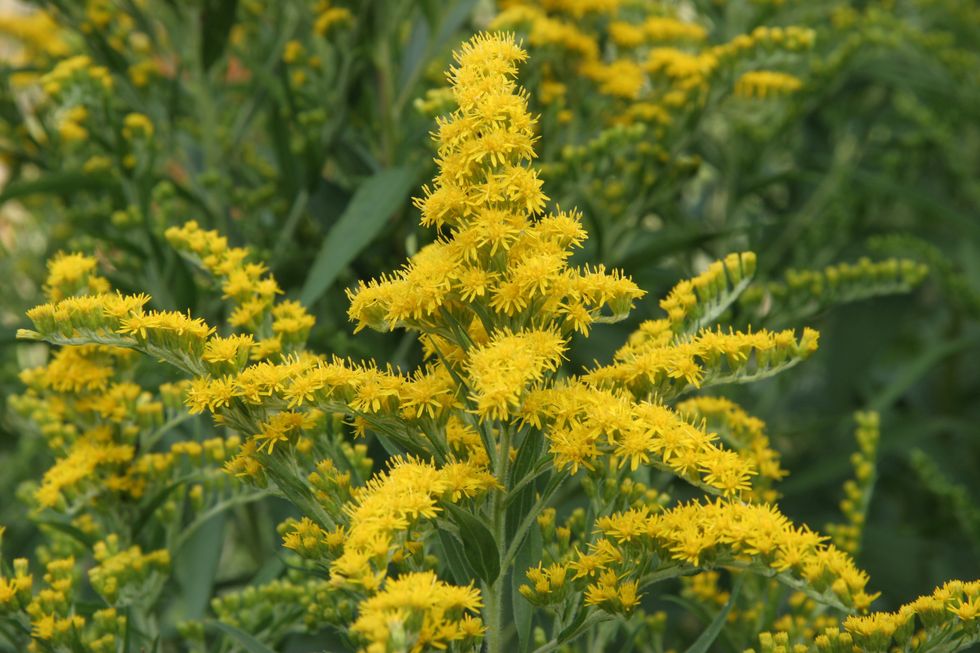Ellie Abraham
Jun 24, 2024
World’s smelliest plant blooms at Kew Gardens
Kew Gardens
Scientists think they have found a plant species that is “intelligent” and can solve problems.
While plenty is known about human intelligence, with untold numbers of quizzes claiming to test how clever you are, we rarely think about plants as being “intelligent”.
Despite this, experts at Cornell University have determined that the tall goldenrod plant is “intelligent”, all while having no brain or central nervous system.
In a recent paper, the experts explained that they believe the tall goldenrod reacts to problems by using a kind of memory in its decision-making.
Andre Kessler, professor in the Department of Ecology and Evolutionary Biology in the College of Agriculture and Life Sciences, at Cornel said in a statement: “There are more than 70 definitions that are published for intelligence, and there is no agreement on what it is, even within a given field.”

But in the study by Kessler and co-author Michael Mueller, a doctoral student, they defined intelligence as, “the ability to solve problems, based on the information that you get from the environment, toward a particular goal”.
And, it is this definition that they believe suggests the tall goldenrod is “intelligent”, as lab tests suggested that the plant can “hear” screams of neighbouring plants under attack and launch a defence system to protect themselves from attack.
“This would fit our definition of intelligence,” Kessler said. “Depending on the information it receives from the environment, the plant changes its standard behaviour.”
When they are being eaten by leaf beetles, tall goldenrod plants emit chemical signals that communicate with beetles to tell them the plant is damaged and therefore not a good source of food.
In addition, they can alter the way light reflects off their leaves, which can be read by other goldenrods nearby to signify danger. Responding to the warning, neighbouring goldenrods put more energy into growing faster and to producing insect-repelling chemicals.
Sign up for our free indy100 weekly newsletter
How to join the indy100's free WhatsApp channel
Have your say in our news democracy. Click the upvote icon at the top of the page to help raise this article through the indy100 rankings
Top 100
The Conversation (0)
x














